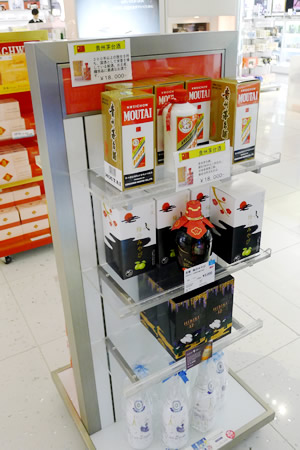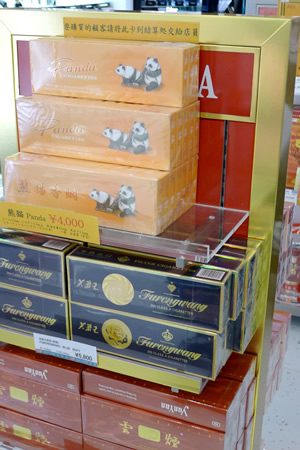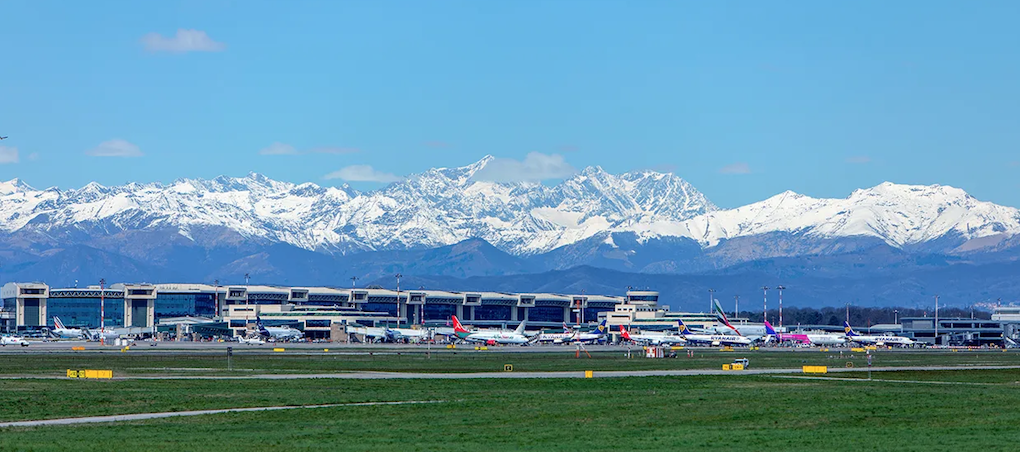 |
The dispute abruptly ended the post-Tohoku earthquake recovery in Chinese business, said Masao Orui, Director Duty Free Business for Japan Airport Terminal Co (JATCo) |
JAPAN. China and Japan’s standoff over the sovereignty of the Senkaku Islands has severely dented Chinese travel numbers to Japan.
Japan’s Immigration Bureau this week released figures showing that Chinese visitor numbers in the September–December 2012 period fell -44% compared to the same period in 2011, to 190,000.
The Bureau put the decline down to Japan’s move to nationalise the uninhabited island group on 11 September 2012, which sparked riots in China.
Resentment is still simmering in China, which claims sovereignty over the islands in the East China Sea.
The dispute has cast a cloud over Japanese travel retail locations including Narita Airport and Kansai International Airport, where Chinese consumers are second only to Japanese in importance.
Masao Orui, Director Duty Free Business for Japan Airport Terminal Co (JATCo), told The Moodie Report that Chinese passenger numbers had been recovering strongly in 2012 as tour groups returned in the wake of the 2011 Tohoku earthquake and tsunami, but dropped significantly after the September flare-up.
“At Narita Airport we rely on Chinese tour groups and independent travellers so it has impacted our duty free and fashion boutique business a lot.
“At Kansai International Airport business has also been affected by a drop of Chinese passengers.”
Recovery is not yet evident at Narita, said Katsuaki Tsukamoto, Manager Retail Strategy in the Retail Management Department of Narita International Airport.
“Aircraft and passenger traffic on the China routes have fallen since the riots in China in mid-September and we are seeing a protracted impact,” he said. “This has also affected sales at Narita Airport because Chinese passengers are high-spending customers.”
Tokyo Haneda Airport has seen a lesser effect on its commercial activities, reflecting the orientation of its international services towards business travel.
However, the dispute has put a hold on the airport’s plans to expand services between Japan and China.
“We were expecting to add more flights to Beijing and Shanghai, but after the Senkaku problem official discussions were put on hold,” advised Hideki Hayashi, Vice President Sales & Marketing for Tokyo International Airport Terminal, operator of Haneda’s international terminal.
 |  |
No longer in favour: Chinese liquor and tobacco brands are being hurt by the decline in visitor numbers at Japanese airports | |





